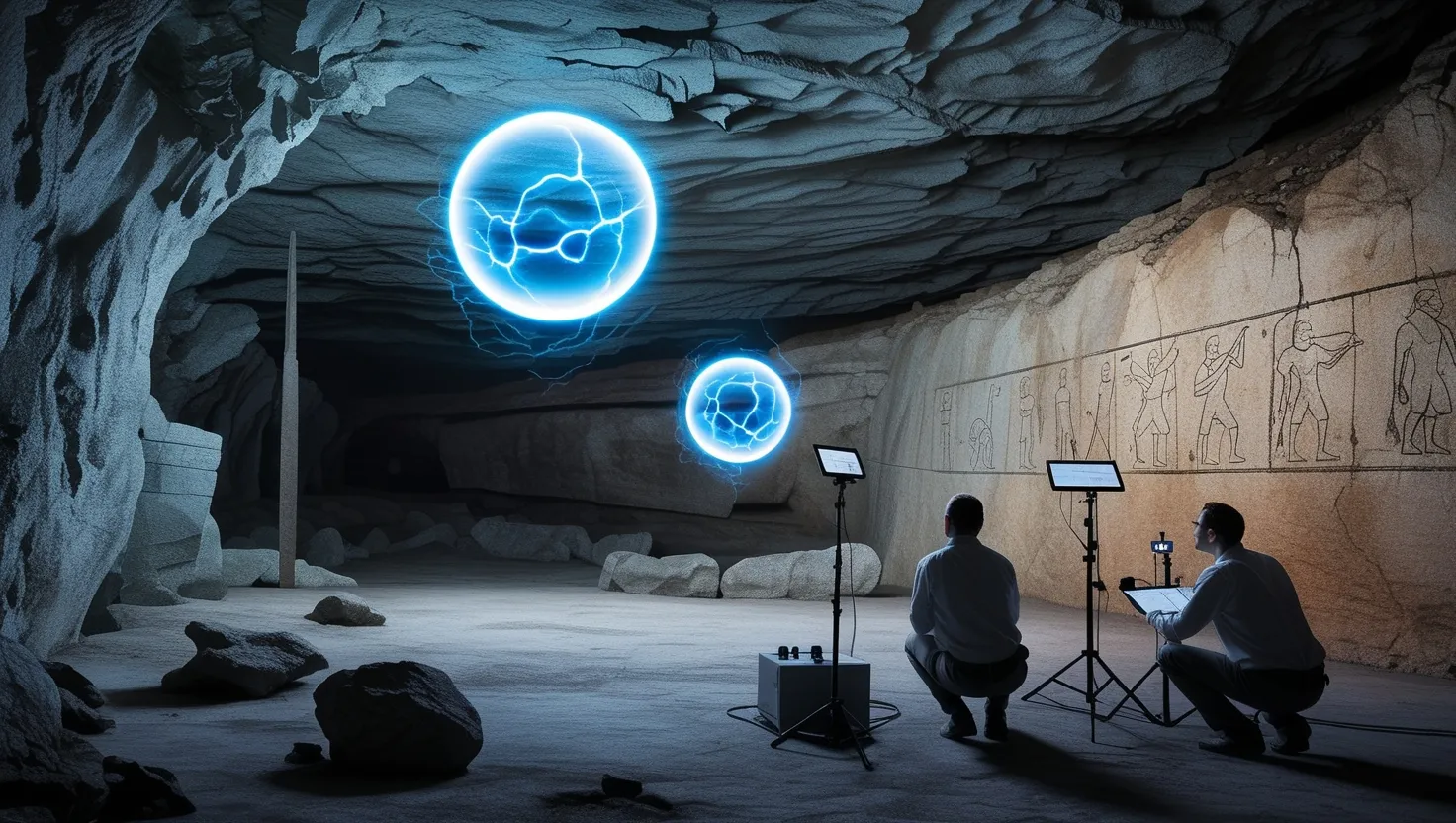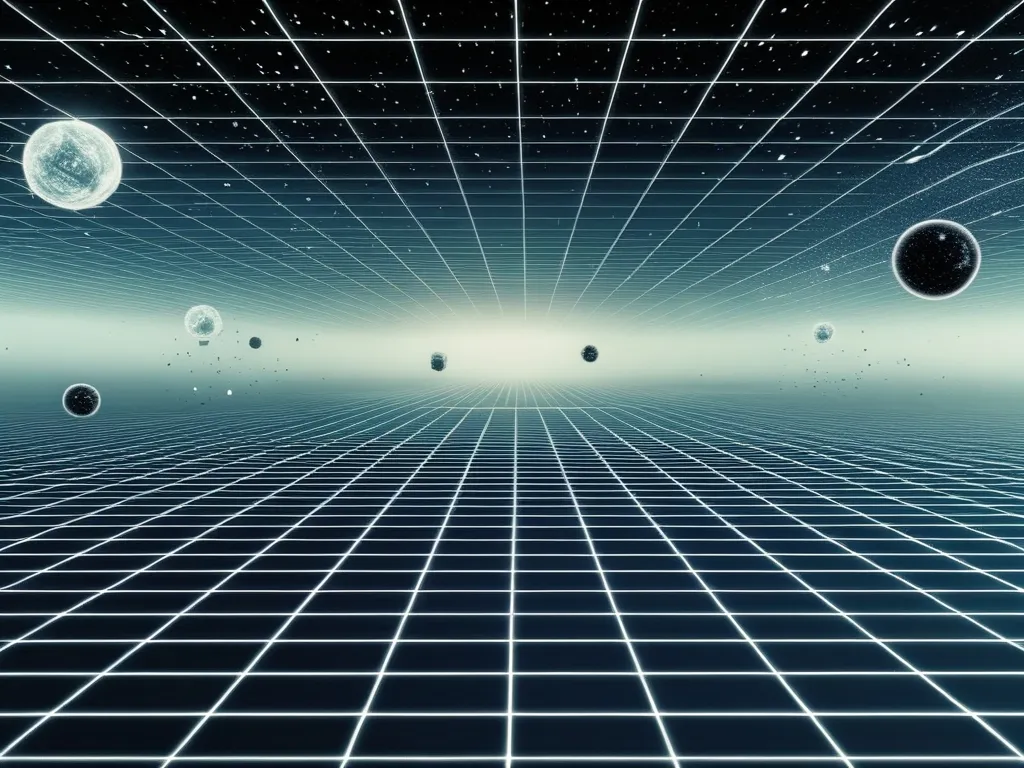The observable universe is stunning. Imagine that there are 10,000 stars for every grain of sand on Earth and trillions of planets. Yet, the question that haunts us is: where are all the aliens? This puzzle is known as the Fermi Paradox.
Space travel isn’t a walk in the park. While it’s possible, it’s a massive challenge to journey to other stars. Tons of materials must be sent into orbit and assembled. Not to mention, the trip could take thousands of years, and the destination planet might not even be as welcoming as it seems from a distance. Given these hurdles, an interstellar invasion might be more fantasy than reality.
Timing is another kicker. The Universe has been around for ages. Life on Earth has existed for at least 3.6 billion years, and intelligent human life for about 250,000 years. But we’ve only had the tech to communicate over long distances for roughly a century. Alien civilizations might have risen and fallen long before we even got here. Grand alien empires could have existed and left behind ruins that we’ll never find.
The odds of survival aren’t uplifting. About 99% of all species on Earth have gone extinct. Intelligent life might pop up, expand a bit, and then die out repeatedly. Galactic civilizations might never cross paths. So maybe it’s a shared experience for intelligent beings to gaze at the stars and wonder, “Where is everyone?”
But who says aliens would be anything like us? Our means of communication might be hopelessly outdated. Imagine using a Morse code transmitter in the modern world—you’re sending signals, but no one’s receiving them. Perhaps we’re still invisible to advanced intelligences and will stay hidden until our technology advances.
Even if we did meet aliens, communicating might be another can of worms. Picture trying to explain human society to the smartest squirrel out there. No matter how intelligent, it just won’t get why humans cut down forests—it’s not about hating squirrels, we just need resources. To advanced aliens, we might be that squirrel, simply irrelevant to their grand schemes.
Consider a Type 3 civilization needing resources. They might look at Earth and think of us as cute little apes before stripping the planet of what they need. A doomsday machine powered by self-replicating nano-machines could be far more efficient. These machines could dismantle life on a planet, use the resources to create more probes, and repeat the process, sterilizing a galaxy in a few million years.
But why bother traveling light years to gather resources or commit genocide when there might be more enticing pursuits? A cool concept is the Matrioshka Brain—a mega-computer around a star, letting a species upload their consciousness into a simulated paradise for an eternity. Who’d want to conquer galaxies when bliss is an option?
The big catch? We don’t know where technology’s limits lie. Future tech might bring us immortality, intergalactic travel, or god-like powers. Truth is, we know very little. Humans have spent most of their history as hunter-gatherers. Just 500 years ago, we thought Earth was the universe’s center. A mere 200 years ago, we began using machinery. Thirty years ago, we had nukes aimed at each other over politics. In cosmic terms, we’re just starting out.
We’ve come far, but there’s so much we don’t know. Assuming we’re the universe’s center is pure arrogance. But there’s only one way to find out what’s out there, right?






